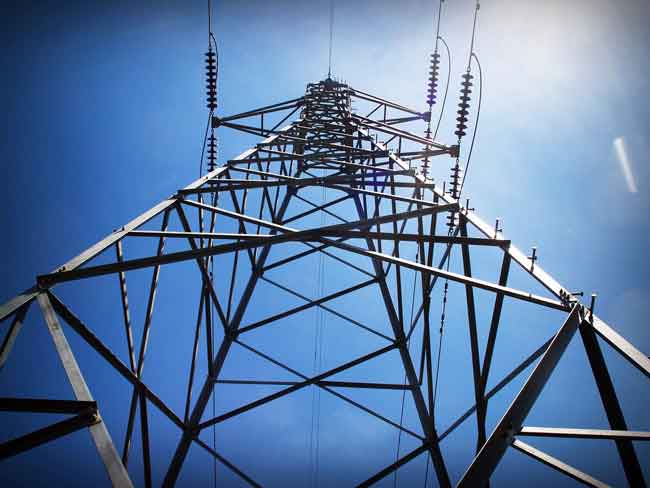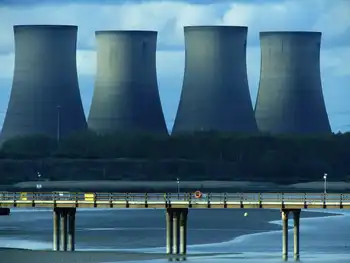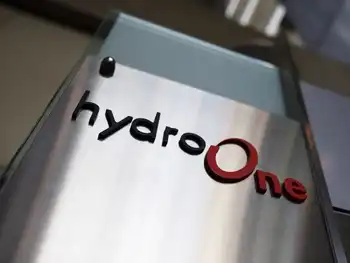Epcor To Face Expansion Critics At EUB Hearing Near Genesee
EDMONTON - -- Landowners in the vicinity of Epcor Inc.'s coal-fired Genesee power plant successfully appealed to have a hearing on the facility's expansion plans held in Genesee, rather than Edmonton.
The Energy and Utilities Board announced Friday that the scheduled Sept. 18 hearing will be convened at the Genesee Community Centre on Highway 770, about 70 km west of Edmonton. It had previously been scheduled for the EUB's Edmonton office on 106th Street.
At a packed "pre-hearing" on Aug. 10, several community groups that are critical of Epcor's $500-million, 490-megawatt project requested a change of venue.
The EUB also said the September hearing will include other contentious issues:
- The three-person regulatory panel will discuss Epcor's choice of technology for the proposed third generating unit.
Federal Environment Minister David Anderson said in a letter he questions the environmental efficiency of Epcor's proposed technology, suggesting Epcor's emissions standards would not be accepted in some U.S. jurisdictions.
Epcor disagrees. "We are confident in our approach to the project," said Epcor senior vice-president Terry Bachynski.
Epcor argues that other available systems have unwanted side-effects or are inappropriate for a plant of Epcor's size.
- Secondly, the EUB will hold "a general discussion of the proposed project's impact on the Alberta electric transmission system."
TransAlta is proposing a 900-megawatt expansion of its Keephills plant in the same region. The main high-voltage transmission line from the Wabamun Lake area to Edmonton -- and from Edmonton to Calgary -- does not have the capacity to handle the combined output from two new plants.
Bachynski said Epcor has no objection with the ruling. Detailed arguments about transmission will be left to whenever the regulated Transmission Administrator proposes an expansion of the line.
The other matters to be covered at the hearing include land acquisition and roads, human health, emissions into air and water and impact on the neighbourhood.
Related News

Power Outage Affects 13,000 in North Seattle
SEATTLE - On a recent Wednesday morning, a significant power outage struck a large area of North Seattle, affecting approximately 13,000 residents and businesses. This incident not only disrupted daily routines but also raised questions about infrastructure reliability and emergency preparedness in urban settings.
Overview of the Outage
The outage began around 9 a.m., with initial reports indicating that neighborhoods including Ballard, Northgate, and parts of Lake City were impacted. Utility company Seattle City Light quickly dispatched crews to identify the cause of the outage and restore power as soon as possible. By noon, the utility reported that repairs were…




